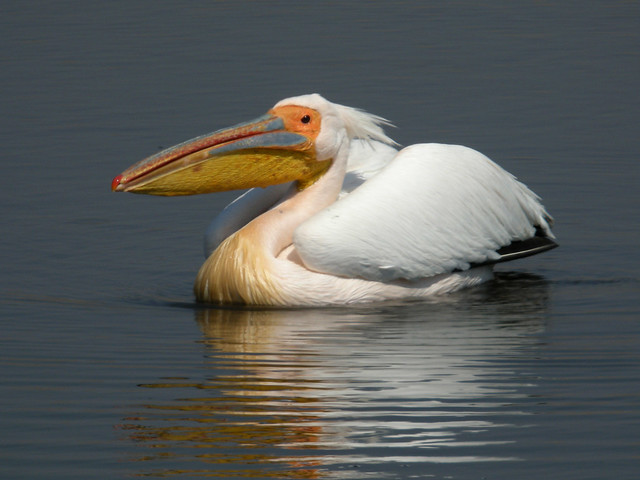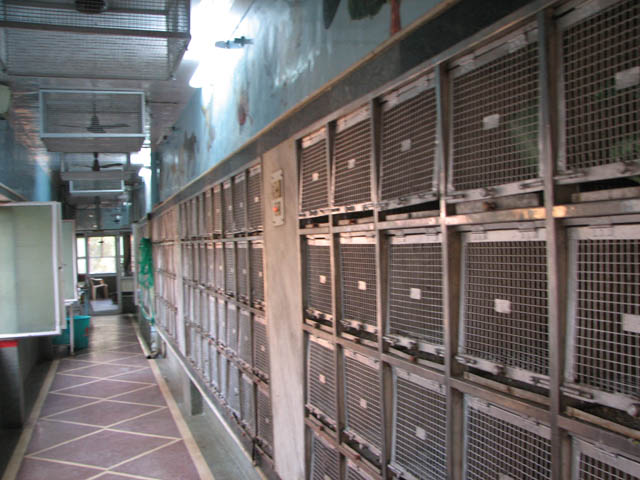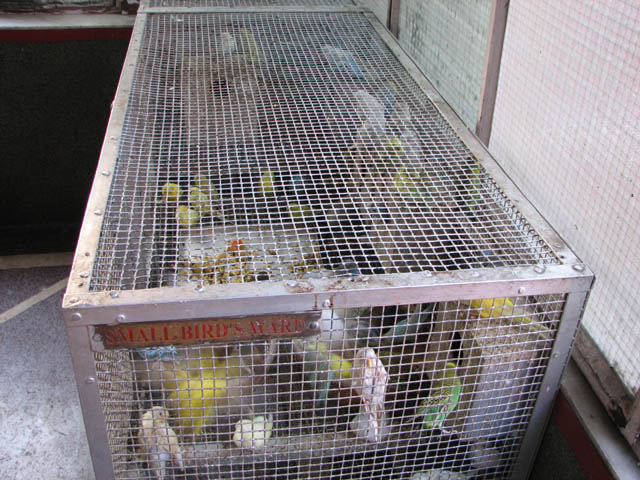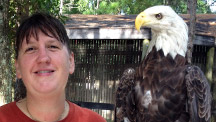In the last few days on the Tjeukemeer body of water in Friesland a Great White Pelican (Pelecanus onocrotalus) has been spotted. The bird was first seen in the Netherlands at the beginning of May on the south part of the lake. Meanwhile the pelican has also been spotted on the Wadden Islands Ameland and Terschelling, as well as other parts of Friesland.
The pelican is wild, rather than an escapee. The bird has no ring or marking on the wing which would indicate it came from a zoo. The pelican does not have its full head crown yet, so it is a young bird. It probably became lost or disoriented during the spring migration from Africa, possibly due to inexperience. Pelicans winter in East Africa and spend the summers in the Balkans. The birds normally fly via Israel, when they float over thermal streams to conserve energy. While soaring the bird may have been knocked off course and not noticed something was wrong.

Great White Pelican, Etosha National Park, Namibia by Frank.Vassen, Creative Commons on Flickr
The bird, which eats freshwater species, should be able to survive the summer in the Netherlands, as appropriate food should be available in inland Dutch waters. This case is not the first time a wild pelican has found itself in the Netherlands. Since the first part of the last century, five or six pelicans have been spotted but then moved on.
Source: Pelikaan neergestreken in Friesland







